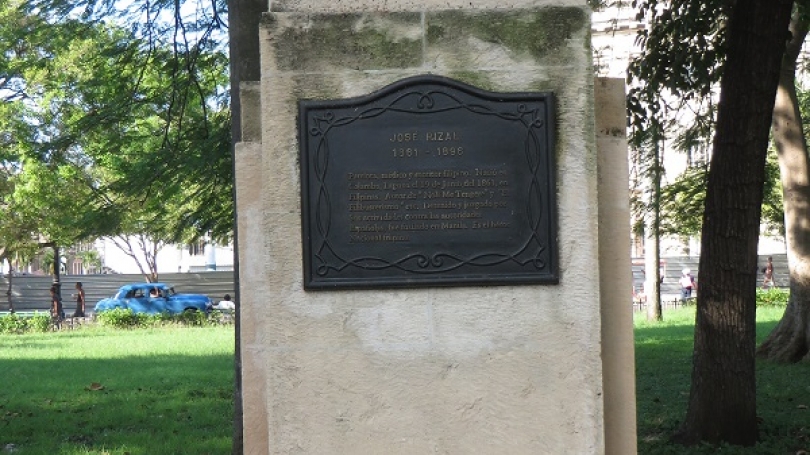
- About
- Undergraduate
- Foreign Study
- Student Opportunities
- La Casa
- News & Events
- People
Back to Top Nav
Back to Top Nav
Back to Top Nav
Back to Top Nav
Back to Top Nav
Cuban José Martí narrated his 1880 travels in New York in English, while Filipino Antonio Luna commented on his 1889 travels in Madrid in Spanish. The texts chronicle the shifting and wary gazes of colonial intellectuals toward Spain’s waning imperial rule and the rise of U.S. expansionism. Luna and Martí employ imperial languages to express anti-colonial messages, thus staging cultural, intellectual, racial, and gender power struggles within the very form of the chronicles. The texts’ manipulations of language make it difficult to differentiate between the acts of writing and translation. A question arises: is translation a method of exerting authority over a preexisting text or a strategy to elude authoritarian forms of rule. This presentation explores how translation represents a potentiality harbored within the language of travelers, a sense of otherness and futurity in which colonial writers took refuge during a moment when they found themselves between empires.
Tuesday, January 30th
003 Rockefeller
5pm